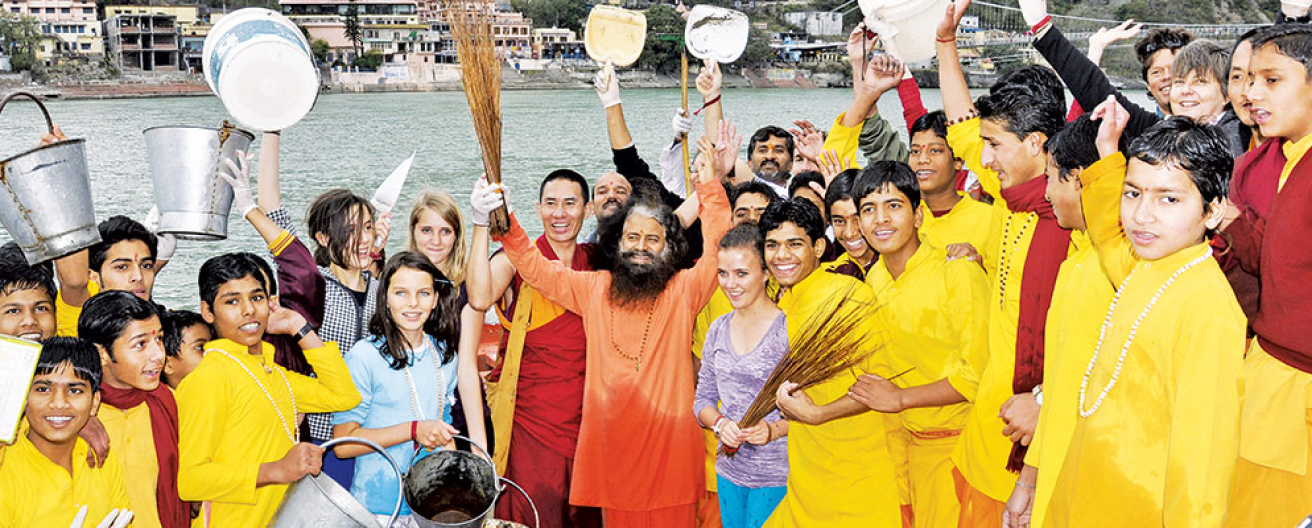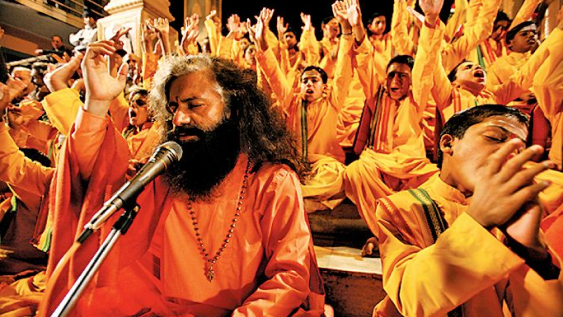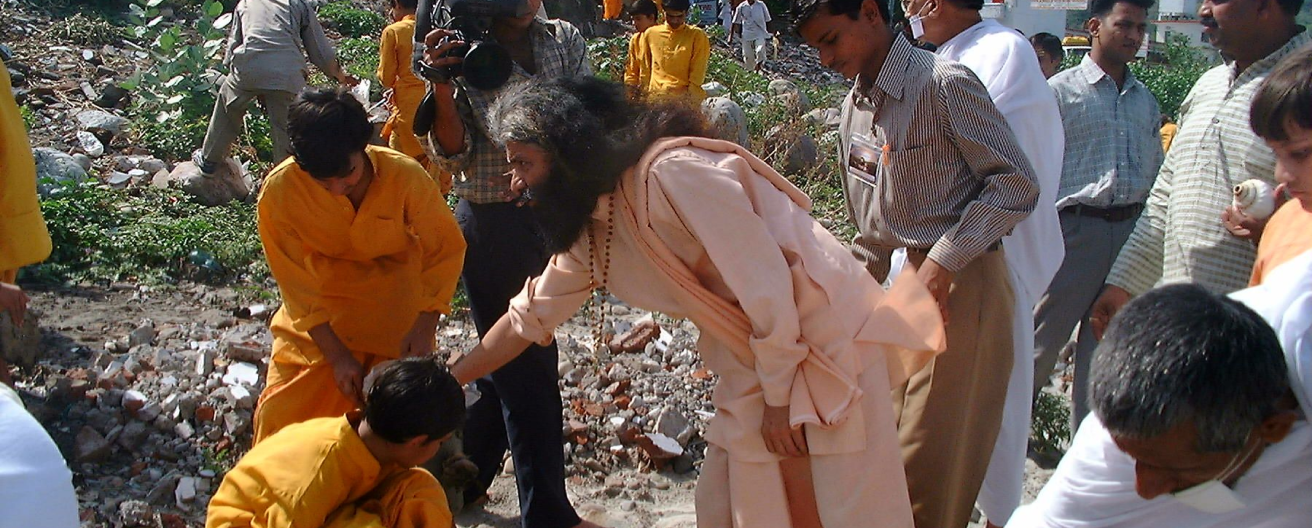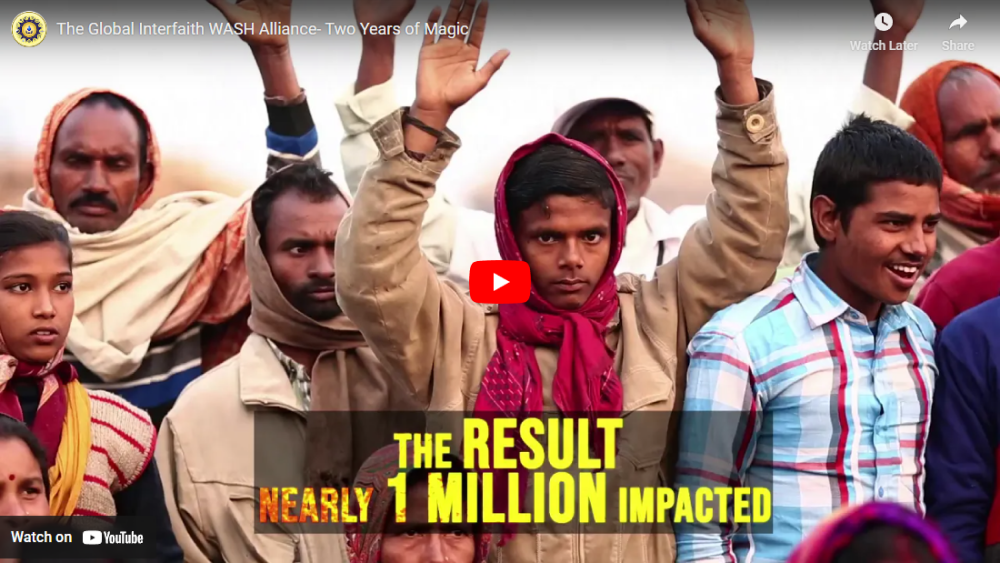




Over 500 million people live near the Ganga River and its tributaries. Many have no access to sanitary facilities. Populations are forced to use the Ganga as a toilet out of necessity, fouling its waters and potentially spreading disease. Our work includes both provision of toilets as well as wide scale awareness raising campaigns.


Access to clean and safe drinking water is a basic human right. Yet, every year in India alone, 400,000 children die, and many more are sickened, by water-borne diseases such as typhoid, dysentery and cholera. Adding to the problem are contaminated and shrinking ground water tables alongside untamed pollution in the Ganga. GAP works to provide taps to the rural poor, as well as water filtration systems, while also teaching skills in proper water use management.


Under the Six T’s program, “Tigers” represents all endangered animals inhabiting the Ganga River Basin. Working side-by-side with conservation groups, GAP provides education and awareness programs, enabling populations and visitors to become protectors of their own environments, enabling nature’s creatures to flourish as they should.


Access to clean and safe drinking water is a basic human right. Yet, every year in India alone, 400,000 children die, and many more are sickened, by water-borne diseases such as typhoid, dysentery and cholera. Adding to the problem are contaminated and shrinking ground water tables alongside untamed pollution in the Ganga. GAP works to provide taps to the rural poor, as well as water filtration systems, while also teaching skills in proper water use management.


In the Ganga River Basin, trash is often disposed of directly into or near the river, endangering wildlife, plants, and populations, while also spoiling the appearance of what should be pristine waters. GAP works with local populations, municipalities, and administrators to ensure proper trash disposal, including rubbish bins and recycling. Additionally, GAP provides mass awareness campaigns, aimed at motivating populations and visitors as to how to properly dispose of their waste before it reaches the Ganga.




